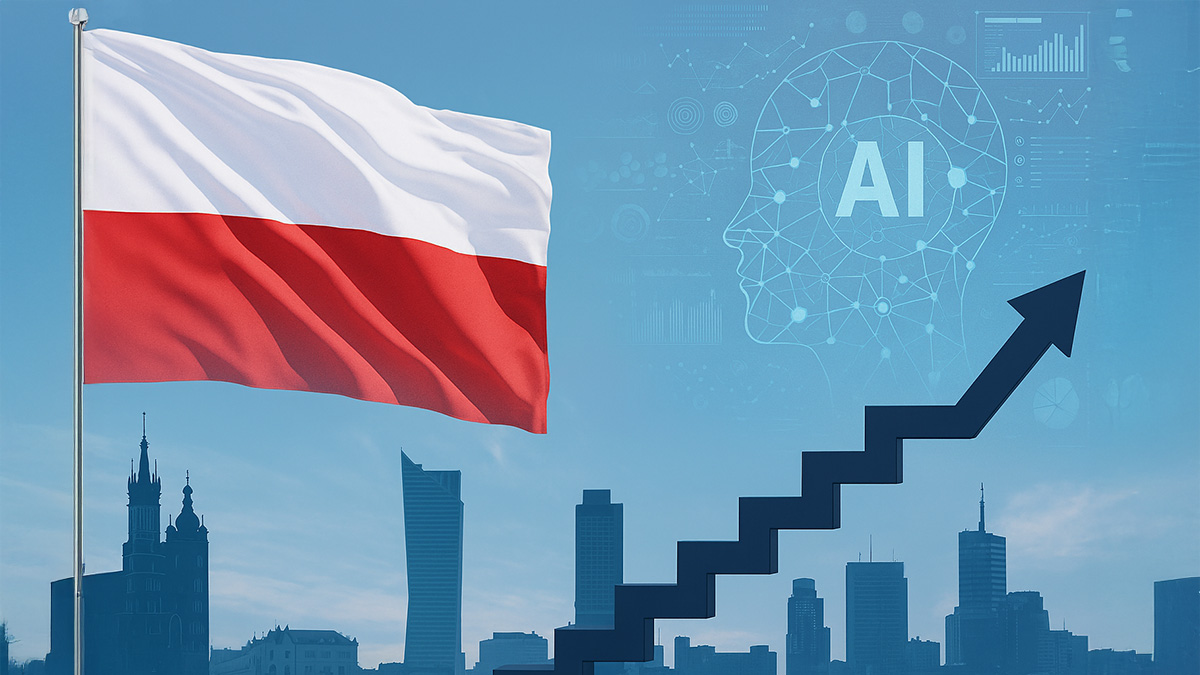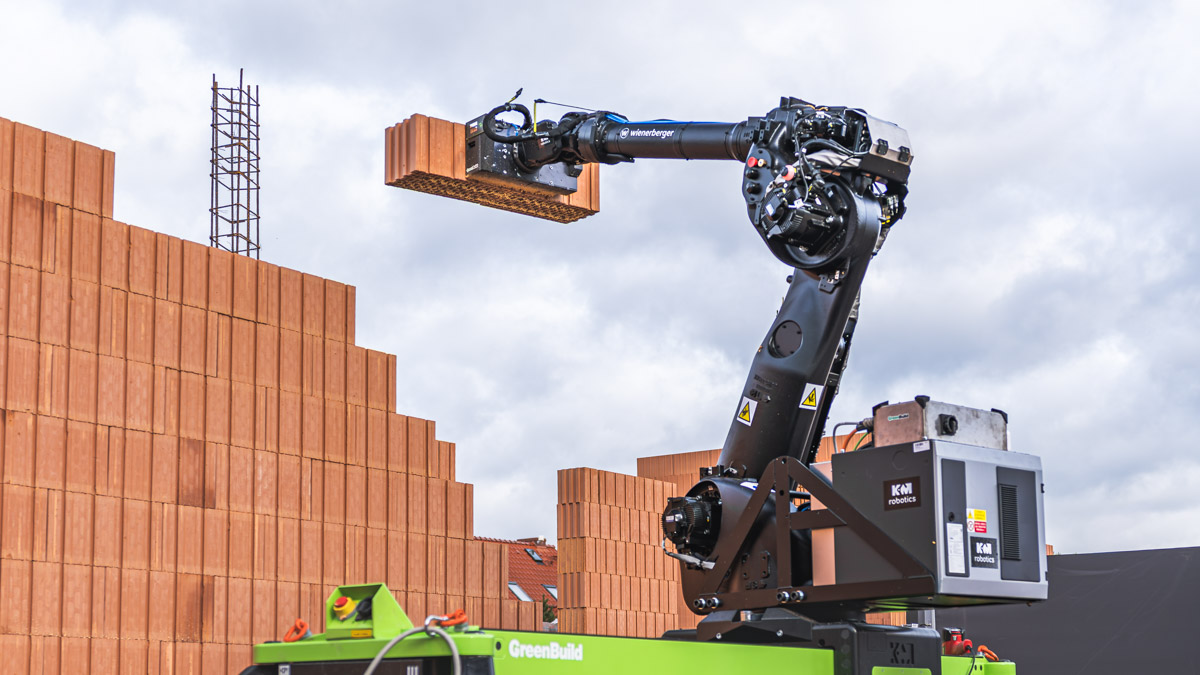The Head of the PC/Console Service Line at Room 8 Group, Sergii Miroshnychenko, shared his approach to building a game development studio and forming strong teams, his vision of leadership, and the importance of corporate culture.
Introduction
I’m Sergii Miroshnychenko, I lead the PC/Console Service Line Room 8 Group, which is represented by Dragons Lake studio. My educational background is in programming, and I bring over a decade of experience in recruitment, HR solutions, and leadership. My career journey began in HR, covering recruitment, specializing in Executive Search, and later, HR management. I’ve also explored strategy development and implementation, project management and gained extensive experience in HR solutions across multiple locations and business, all of which I now apply to my role.
Dragons Lake is a game development studio providing advanced tech and design solutions for AAA/AA+ projects on PC and consoles as part of Room 8 Group. We work on high-end titles for major publishers and game studios: Gearbox, 505 Games, Epic Games, Counterplay Games, People Can Fly, and many others. Among our most remarkable projects, you’ll find titles such as Bulletstorm, Godfall, Outriders, and Life Is Strange: True Colors.
I took on the role of CEO at Dragons Lake in 2020, and back at that time, the studio had around 25 employees. It was a small-sized business, very reliant on one client, and lacking a clear path for expansion and project sales. However, the prospect of building and turning things around excited me.
So, I brought together a group of important team members and crafted the studio according to my vision. The growth trajectory has been quite dynamic: in just three years, we’ve evolved to become the second business within the Room 8 Group.
Looking back at what we’ve achieved, about 80% of our success can be attributed to our studio culture. It is defined by fearlessness – we’re not afraid to try new things even when the outcome is uncertain. We’ve all stepped into unfamiliar territory. Personally, I had never built a AAA studio before Room 8 Group. Yes, there were mistakes, lessons learned, and challenges faced, but our fearlessness kept us moving forward.
Another key aspect is our ability to confront new challenges head-on. We approach things systematically, learning from both successes and failures. Embracing the chance of making mistakes is essential for growth and progress – we strongly believe it.
The Dragons Lake Journey
When I initially joined the studio, we were faced with important challenges. We lacked projects, expertise, and resources to expand effectively. Here are the key issues we addressed:
- Scalability
- Expertise
- The challenges of building a new business
In collaboration with People & Business Partner Sergii Sgadov, we developed a strategy that positioned Dragons Lake as a team that solved complex problems. This approach drew in senior professionals who sought challenges. At the same time, we developed an internship program that eventually evolved into our own university, covering various specialties and contributing to the growth of our teams.
This approach created a powerful synergy. Our senior experts worked on complex projects and also guided the young specialists from our university. This allowed us to collect knowledge and grow the middle part of our team.
Looking back, our choice to grow our professionals inside the studio led to surprising results. Our middle-level employees often exceeded the seniority and performance of seniors in other places. With time, some of our mid-level talents moved on to become seniors, leaders, or technical directors in different companies. This shows how dedicated we are to achieving excellence and top-notch quality.
We attracted those people who shared our passion for creating great games and looked for a challenging work environment. We don’t have random people in the studio – our specialists are driven by common values. They see it as something meaningful for their careers and lives. This shared passion for games brings us all together.

Approach to Building Teams and Hiring People
Speaking of organizational design, Dragons Lake is quite a unique studio. While our business model aligns with industry standards, our organizational structure and management methods are different from the majority.
At Dragons Lake, we start by forming our teams from the top down. This means we focus on building a strong management team first. They’re the ones who carry our established approaches and culture, making sure these values are woven throughout the company.
When we began growing the company, we faced a big challenge: the risk of losing our unique culture and identity. With a rapid hiring rate of about 100 new specialists per year, there was a chance we could dilute the environment we had worked hard to create. To prevent this, established various processes to attract the specialists who would have the right chemistry with the studio and its working environment.
We’ve always stuck to the hiring principles that have guided me throughout my career. There are five key principles that we’re clear about, and I’m happy to list of traits we possess and are looking in our future teammates:
Effective communication: we value clear and logical expression of thoughts and ideas.
Intolerance for disorder: we seek specialists who are bothered by a piece of paper on the floor, those who want to fix things that aren’t working right. We assess this in interviews to ensure our managers have this quality as they build their teams.
Curiosity: a curious mindset is important. We don’t expect candidates to know everything but a genuine desire to learn is crucial.
Erudition: having a broad range of knowledge is key to solving different challenges quickly and effectively.
Accountability: taking responsibility for actions is one of our most important principles. We believe people should own up to their actions, and manage their time and choices responsibly.
This approach helps maintain our team’s strength, and these principles ensure consistency. We’re also open to making mistakes. I too have made mistakes during my time at Dragons Lake, just like everyone else. Mistakes are part of growing; what truly matters is how we learn from them.
In short, these principles build a dynamic team structure where our unique culture stays intact, mistakes are acknowledged and turned into lessons, and the management team serves as bridges for our company’s values.
Structure and Culture
What makes Dragons Lake stand out is our horizontal culture. We prioritize effective management over strict hierarchies. While we maintain a structured authority system guided by principles, our decision-making process isn’t purely democratic. Instead, decisions are typically made by the person responsible, but we greatly value input from every team member, especially those who are experts in the relevant field.
Anyone can speak up, disagree, provide reasoning, and suggest ideas. This open environment isn’t just allowed – it’s highly encouraged and valued. This leads us to recognition, which is crucial in our culture. I expect it from our managers, and I acknowledge my team’s efforts. To me, this is fundamental.
Our feedback culture has room for improvement due to our diverse cultural backgrounds. Over the past three years, we’ve dedicated efforts to enhance this aspect. While most managers comprehend the importance of feedback, maintaining consistency can be challenging, even within well-established organizations. This issue is deeply rooted in human nature.
Recognition, feedback, a horizontal culture, and letting the responsible person decide – these are the pillars of our culture. Our values strongly influence our decisions. Our team members won’t accept dysfunction; they base choices on values, knowledge, colleagues’ input, and expertise. This mix forms our solid decision-making at Dragons Lake. Are we flawless? No, but this approach reduces errors and improves quality. Avoiding top-down decisions is a standout feature for us.
I find it rewarding to delegate responsibilities to my team. They handle tasks aligned with their leader’s, eventually growing into equals. They realize they’ve outgrown roles and move up the career ladder. It’s a personal achievement for me. I’ve nurtured people from specialists to C-level positions. Developing people is a significant accomplishment, possibly equal to our studio’s business scale. It’s a true testament to leadership.
In the beginning people were choosing Dragons Lake despite the fact that we weren’t famous. In our early days, we weren’t well-known. Attracting experienced managers was tough. Recruiters helped convey our values during interviews. This approach brought us desired candidates and I personally explained our company’s management and work methods. Those who resonated with our values joined us, contributing to our journey.
About personal values and their influence Dragons Lake’s work ethics
I built Dragons Lake according to my vision and the qualities that truly drive me. These traits extend to our team and have shaped our work ethics. The main ones include:
Ambition: It’s been with me since my sports days – where effort mattered. Just like in business, team results reflect on the leader. So, I aim for excellence. Every choice we make is about giving our best, even if aiming for perfection can sometimes mess things up. My ambition aligns with our value of excellence.
Constant Improvement: We’re never okay with just „okay.” We push to be better, faster, and stronger. Our culture is about achieving and outdoing ourselves, not others. It’s a drive for improvement woven into our fabric.
Enjoying the journey: Projects aren’t always quick wins. Sometimes, they take patience. Finding joy in the journey and celebrating milestones matter. It’s about appreciating the process and celebrating big and small wins – a skill we cherish.
Keeping it positive: Complex issues are best handled with optimism. Even during serious talks, we maintain a positive atmosphere. We joke and keep things light, as we know the challenges we face require a touch of positivity.
Simplifying complexity: It is applied in our daily communication, our processes, and solutions. We focus on what’s said, not how it’s said. This approach, inspired by Spartan culture, simplifies our communication and solutions.
Recognition is essential: I’ve worked with managers who didn’t appreciate accomplishments or undermined them. These experiences left a mark, shaping our organization’s approach to gratitude and praise. It’s good practice to acknowledge achievements – they’re a result of collective effort and shared ideas. In the creative field, recognizing and motivating people is key to achieving results and retaining top talent.
Approach to Work
At Dragons Lake, we’re embracing a design-first culture. The final result of the game development is more important for us than the intermediate execution of the task. Of course, we focus on delivery excellence and we will do what we are told. But we will always offer what we think is right in terms of the end player experience.
Even though we work with other businesses (B2B), success of the client’s game depends heavily on our decisions as well. Many of us on the team are big fans of games ourselves, so when we say „Design First,” we’re thinking about how the game will be played, how much fun it will be, and how much players, the end users, will enjoy it.
Planning how things will work, we have a special group that comes up with ideas for clients. They think about the game from different angles, consider what the client needs for their business, and even find ways to make the game better, even if the client didn’t ask about it. We’re like a helpful friend, suggesting good things and improvements in different directions.
Leadership Vision
There is a pattern about how successful teams are built not just in game development but in all creative fields where innovation is key. This approach I’m about to talk about applies universally across creative industries. Whether you’re an engineer designing robots at Boston Dynamics, working on products at Google, or creating games in Room 8 Group – the principles hold true and work in all these cases.
As a leader, you need to create an environment where people can grow, products can succeed, and innovative solutions can thrive. Your role is to unite everyone around the organization’s success and establish a common goal that everyone wants to contribute to. I view it as forming teams of free thinkers or creators – those who can come up with new ideas and improve things. They’re the ones who add value to your team. However, there are cultural patterns that can either boost their creativity or hinder it, and that’s where managers often make mistakes.
The other side involves building a shared foundation of values, cultural norms, and the right personalities within your team. An individualistic team is like a soccer team full of star players who can’t win because they’re not working together. It’s the leader’s job to create a team that works well together. Expanding beyond sports, forming a team that shares values and teaching them to pass on that unity down the line ensures your values and approaches are maintained throughout the organization – from hiring to management. Even when people leave, those values will continue to live on.
Now, in today’s fast-paced world, a vital trait for a modern leader is being open to change. When you’re competing globally, you must be ready to reevaluate what you’ve built. Things can change rapidly, even in a few months. Factors like AI, COVID-19, and switching to remote work demanded fast and creative decision-making from managers. This quality – the willingness to question your own decisions, learn, and adapt – is crucial.
True leadership isn’t just about having a higher position; it’s about guiding through support, setting an example, and offering direction. Assuming that senior or skilled professionals should tackle challenges independently could undermine a productive culture. Instead, creating an environment where guidance and help are available unlocks your team’s full potential.
While you don’t have to be best friends with your team, you should be a reliable figure for them – a source of support and additional knowledge. Sometimes, you can openly say, „I’m not sure how to approach this, and you might be too. Let’s work together to find a solution.” Moments like these foster mutual respect and acknowledgment of you as a manager.
The Importance of Corporate Culture
Corporate culture is the cornerstone of success. A culture built on the fear of making mistakes kills creativity, while one that fosters experimentation and innovation leads to outstanding results. The environment created at Room 8 Group, where both my managers and I could grow and reach next levels, owes to my supervisors. Similarly, the excellence of my Dragons Lake team is a result of my involvement, and their team members’ growth is attributed to their nurturing environment.
There are different organizational classifications like red and turquoise. Regardless of these labels, I firmly believe that culture defines the core of the company. It influences the company’s results and the journey to achieve them. The CEO is the culture’s ambassador. Always remember, culture starts at the top, and its influence reaches every level of the company.
The culture that works is the one that’s put into action. Sure, we can display impressive values on our office walls, but if we don’t live by them, it’s pointless. People don’t just want words; they need actions and follow-through. That’s why matching culture with actions is vital. It means ensuring that we actually follow our cultural principles, use them to make decisions, and communicate in ways that reflect our culture. In essence, culture should guide us in choosing the right people to join our team.
Zdjęcie główne pochodzi z Elements Envato.









